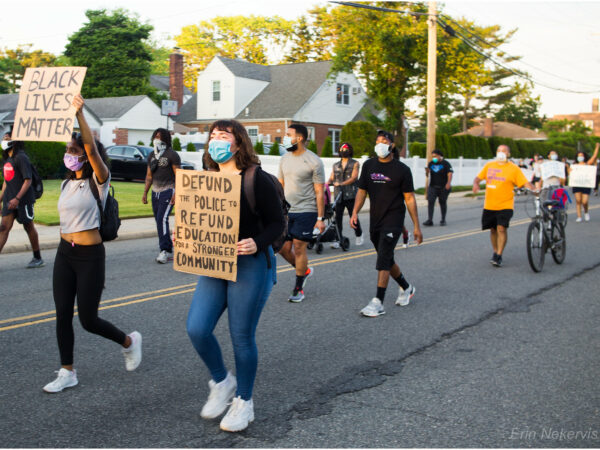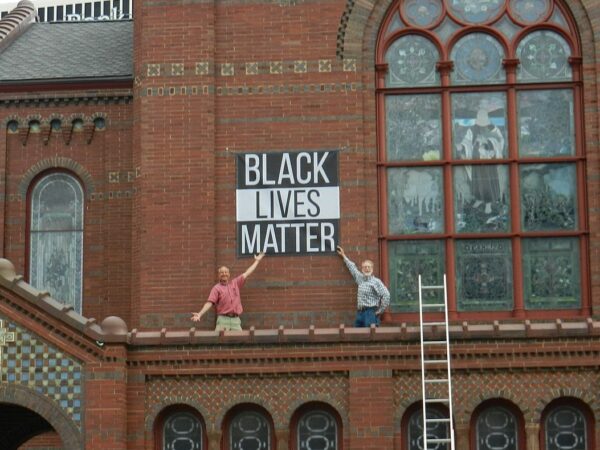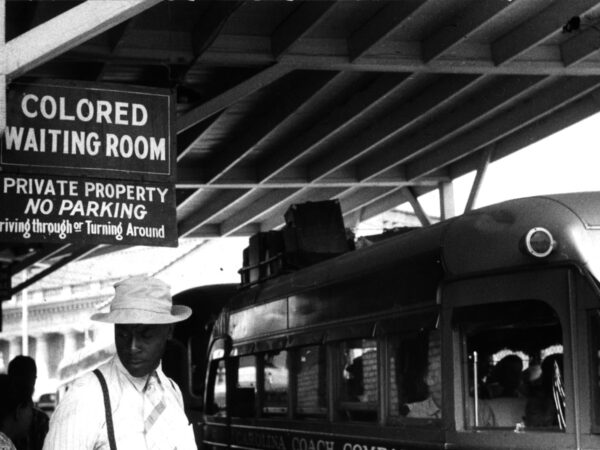
I interpret the questions put to my political economic approach like this: While Tran’s racial capitalist emphasis on structures and systems seems mostly correct, rightly deflating individualists/personalist (“identarian” as I say in the book) accounts of racism and accordingly moving the conversation forward, it misses something crucial.
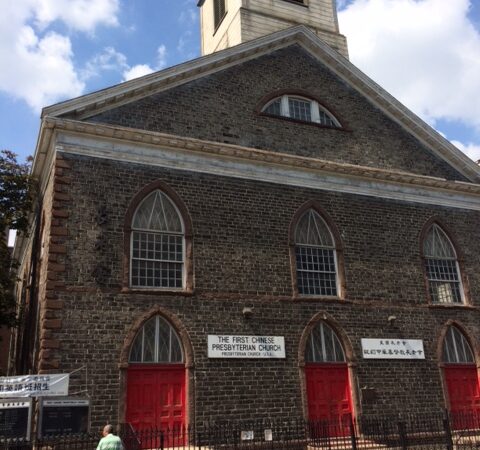
How I understand Tran’s story is that the script for Asian American Christian resistances to racial capitalism needs to be formed by the dangerous memory of Jesus Christ’s witness. Otherwise, Asian American theologies end up resisting identarian essentializations of Asian America that do not always speak to concrete challenges and dynamics that Asian Americans experience.
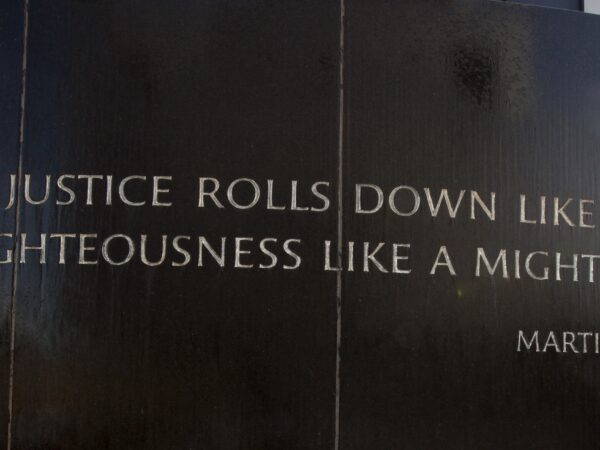
The reality into which we are called to participate, to embody, and to invite others is profound in that it promises to create the very sociality for which we long. It promises to establish the Kingdom of God that is not yet our everyday reality and, at the same time, is present to us in certain spaces and in moments of profound connection.
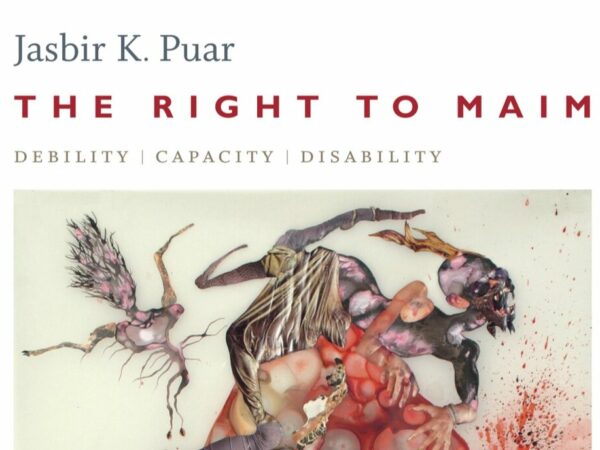
“Still game” is not the discourse of “trauma” and PTSD so often ascribed to populations as a form of diagnostic colonization, pace Frantz Fanon in his tremendous work on medicalization in A Dying Colonialism. “Still game” is yet another temporal form akin to the “perpetual.” In this sense, histories of targeted injuring—maiming—are both histories of violence waiting to be written and projections of future violence of our pandemic worlds.
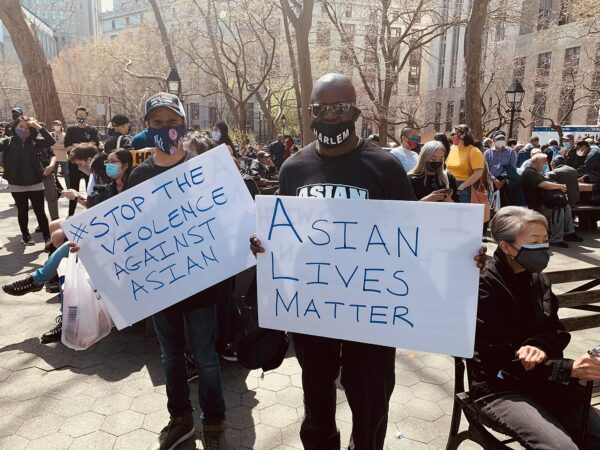
Even though Asian America is irreducibly diverse, the vast majority of Asian American theological voices are East Asian theological voices, with voices and concerns from Southeast Asian, Filipinx, Pacific Islander, South Asian, and Middle Eastern Christians being barely heard or simply dismissed. This raises questions about how helpful “Asian American” is as an identitarian category.

But how could Trump seduce a great majority of the Jesus-believing, Bible-thumping, church-attending evangelical conservative community when his values are so contrary to those of Jesus, the Bible and what the church should stand for?

